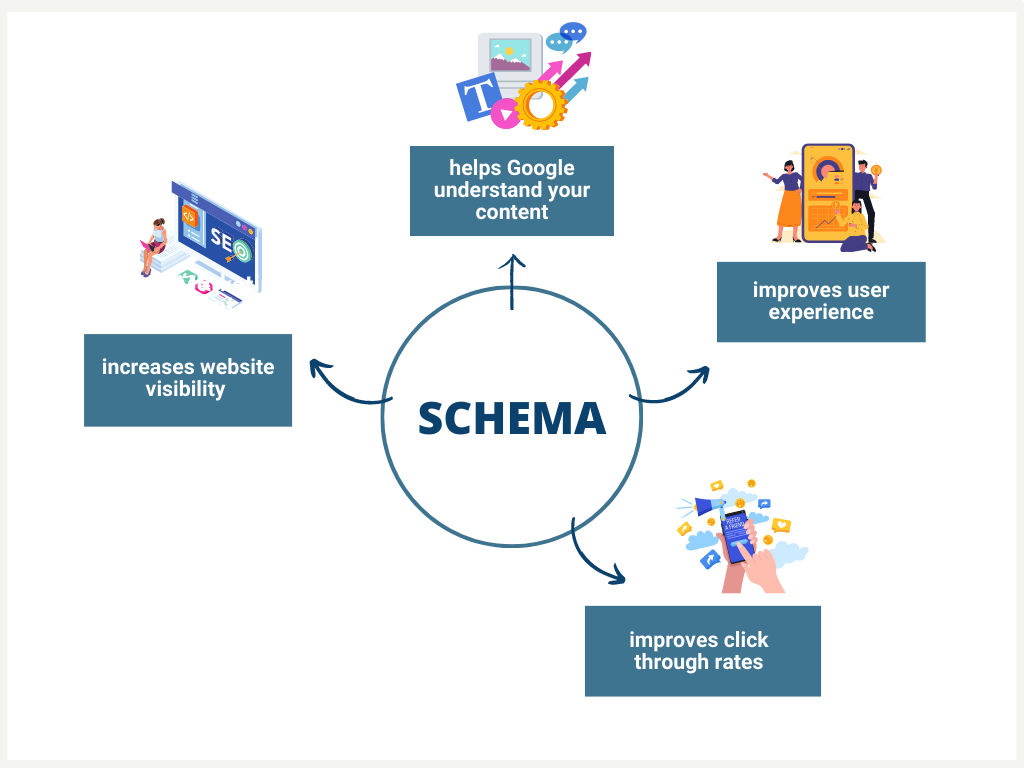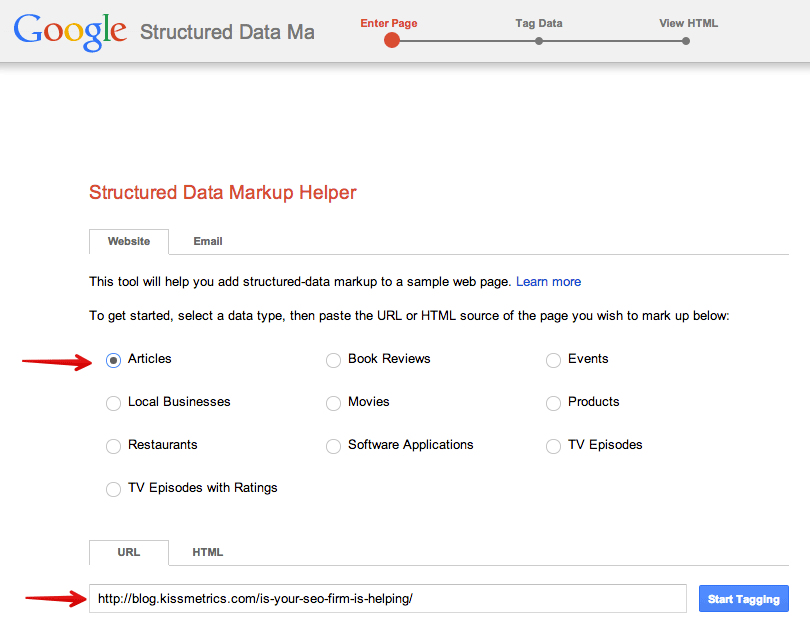What are schema markup types?
Schema markup types are structured data formats that help search engines understand website content better. They include various categories like Organization, Product, Article, Event, and Local Business schemas. Each type serves a specific purpose in helping search engines interpret and display your content more effectively in search results.
Why are different schema markup types important?
Different schema markup types are crucial because they enable search engines to better understand and display your content in rich results. By implementing the right schema types, you can enhance your website's visibility in search results, improve click-through rates, and provide more detailed information to users before they even visit your site. This structured approach to data helps search engines serve more relevant results to users.
What are the most common schema markup types?
How do you implement schema markup correctly?
How do I choose the right schema markup type for my content?
What are the benefits of using different schema markup types?
Schema markup implementation involves various elements, each designed to enhance your website's search visibility. Key aspects include choosing the right schema type, proper HTML implementation, testing tools usage, monitoring performance, and ensuring compliance with search engine guidelines. Using the right combination of these elements ensures your structured data is effectively implemented across your site.
Proper schema markup implementation requires attention to detail and adherence to specific guidelines. It involves using the correct syntax, validating the code, and ensuring all required properties are included. Regular testing through schema validation tools helps maintain accuracy and effectiveness of the implementation.
Getting started with schema markup begins with identifying the most relevant schema types for your content. You'll need to understand your content structure, choose appropriate schema types, and implement them correctly in your HTML. Many content management systems offer built-in schema markup tools. Regular testing and validation ensure your schema implementation remains effective.
Schema markup types help businesses improve their search visibility, enhance SERP appearances with rich snippets, and provide more detailed information to search engines. They can improve click-through rates, help establish topical authority, and enable better understanding of content by search engines. This structured approach often leads to better search rankings and improved user engagement.

























